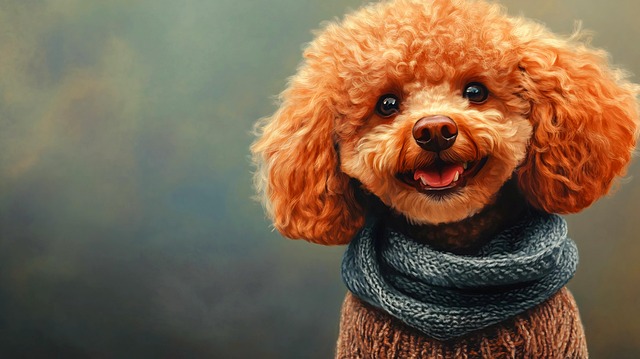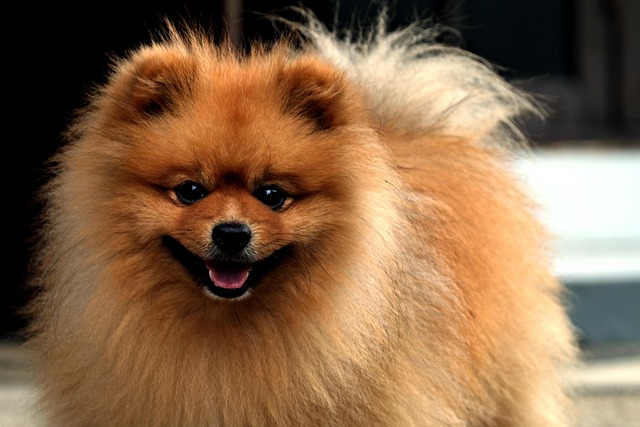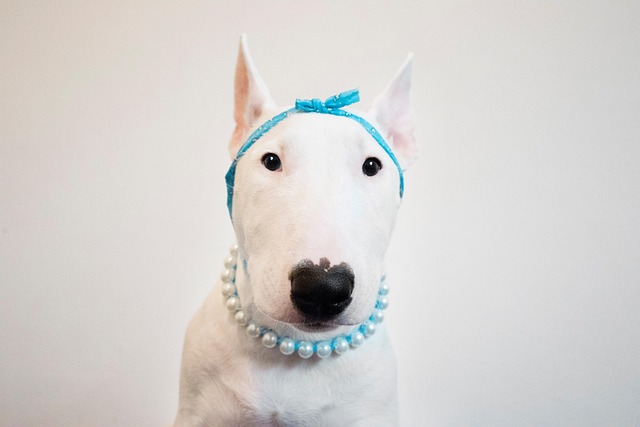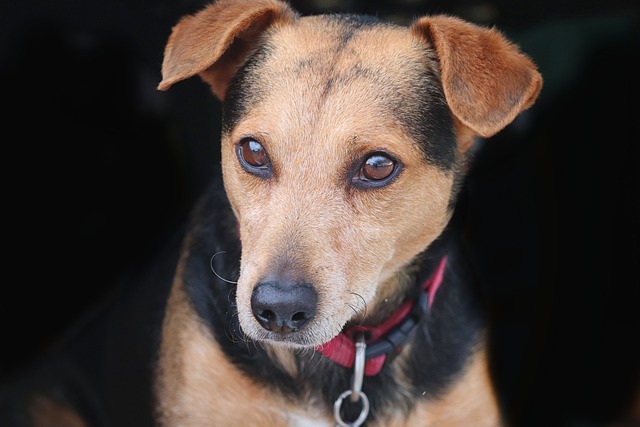
How do I know if my Poodle is cold?
As pet owners, we always hope to be able to feel the needs of our dogs at all times. When the Poodle at home is shivering, the worry is self-evident.
In the world of pets, Pomeranians, with their fluffy fur like clouds and their lively, sparkling big eyes, are like delicate plush dolls that easily capture people's hearts. These adorable little creatures have become beloved members of countless families. However, in daily care, a question often troubles their owners: Do Pomeranians like to be left alone?
Although Pomeranians are small in size, they have extremely rich emotions and distinct personalities. Essentially, they are highly social animals. Pomeranians were originally bred to be intimate companions. Over the long course of time, they have been closely attached to humans, and the instinct to desire companionship and interaction has been deeply engraved in their genes. In the wild, dogs live in groups. Despite their small size, Pomeranians still have a strong herd instinct. They are extremely dependent on emotional communication and daily companionship with human family members. The presence of humans is to them what sunlight is to flowers, an essential nourishment in their lives.
Once Pomeranians are left alone for a long time, they often fall into deep unease. Separation anxiety is the most common manifestation. When the owner prepares to go out, even with the slightest movement, Pomeranians' keen perception can detect this signal. Immediately, they may let out plaintive whimpers or sharp and continuous barks and howls. This is by no means them making trouble without reason, but rather a fear of being abandoned that stems from the depths of their hearts. This separation anxiety can also lead to a series of destructive behaviors. Items in the house such as furniture and shoes may all become targets for them to vent their anxiety. They don't intentionally damage things, but rather, driven by loneliness and fear, they try to get some spiritual comfort by gnawing on things that carry the owner's scent. These behaviors are undoubtedly conveying to the owner their resistance and dissatisfaction with being left alone.
 Pomeranians not only have rich emotions but also quite high intelligence. Coupled with their abundant energy, they have a strong need for mental and physical stimulation. Regular daily playtime, outdoor walks, and systematic training courses are crucial for them to maintain mental alertness and physical vitality. When forced to be alone, these necessary activities cannot be carried out, and boredom will quickly overwhelm them, further deepening their dislike of being alone. Their abundant energy with nowhere to release makes them restless and irritable, and they can only relieve their inner helplessness and grievance through some inappropriate behaviors.
Pomeranians not only have rich emotions but also quite high intelligence. Coupled with their abundant energy, they have a strong need for mental and physical stimulation. Regular daily playtime, outdoor walks, and systematic training courses are crucial for them to maintain mental alertness and physical vitality. When forced to be alone, these necessary activities cannot be carried out, and boredom will quickly overwhelm them, further deepening their dislike of being alone. Their abundant energy with nowhere to release makes them restless and irritable, and they can only relieve their inner helplessness and grievance through some inappropriate behaviors.
However, there is still hope. If the owner takes appropriate measures, Pomeranians can gradually adapt to being alone for short periods. Early socialization training plays a key role in this process. When Pomeranians are puppies, allowing them to fully interact with various different environments, different kinds of people, and other animals helps to cultivate their adaptability and confident personality. Learning to be alone for a short time is one of the important aspects of socialization training. The owner can start by leaving for a few minutes initially. As the dog gradually adapts, the time of leaving can be slowly extended, gradually helping them overcome their fear of being alone.
Creating an interesting environment for Pomeranians is also an effective strategy to deal with the problem of their being alone. Before going out, the owner can prepare some interactive toys for them, such as puzzle balls filled with delicious treats. In the process of trying hard to figure out how to get the treats, Pomeranians can not only exercise their problem-solving ability but also gain fun, thus temporarily forgetting the loneliness of the owner's absence. In addition, creating a warm and safe exclusive space for them, with a soft and comfortable little nest and a few familiar small items placed in it, can make them still feel the warmth and security of home when they are alone.
The emotional bond between Pomeranians and their owners is deep and unique. On a daily basis, the owner carefully combs the dog's fur, patiently teaches and trains it, and plays and frolics with it. These little bits of companionship make Pomeranians deeply feel love and being cherished. This close emotional connection makes them more reluctant to part with the owner when the owner leaves. On the other hand, Pomeranians that are deeply loved by the owner trust the owner fully and are more willing to try to accept being alone for a short time.
Overall, Pomeranians by nature do not like to be left alone. Their strong social needs and longing for companionship determine that long-term isolation will bring them great pain. However, through scientific and reasonable training, diverse social experiences, and a carefully created interesting environment, they can slowly learn to endure being alone for short periods. As pet owners, it is our unshirkable responsibility to deeply understand these needs of Pomeranians and give them sufficient love, companionship, and meticulous care. After all, Pomeranians bring endless joy and warm companionship to our lives, and every effort we make is to let them grow up healthily and happily, making this precious friendship deeper and more enduring over time.

As pet owners, we always hope to be able to feel the needs of our dogs at all times. When the Poodle at home is shivering, the worry is self-evident.

When a dog has bronchitis, the violent coughs seem to be telling the owner about the discomfort. Seeing their shortness of breath and listlessness, the owner's heart is also in a knot.

When we find that dogs frequently scratch and bite their own skin, causing their originally smooth fur to become messy and even leaving scratch marks on the skin,

Watching the dog frequently assuming the defecation posture, its little face turning red from strain, yet being unable to defecate,

When a furry dog looks at you with wet eyes, but exudes an unpleasant smell and has tangled hair, many owners may hesitate: will not bathing really have a big impact?

When you find that your dog is getting thinner and thinner, has a poor appetite, or sees white wriggling worms in the feces, your inner worry and heartache will surge instantly.